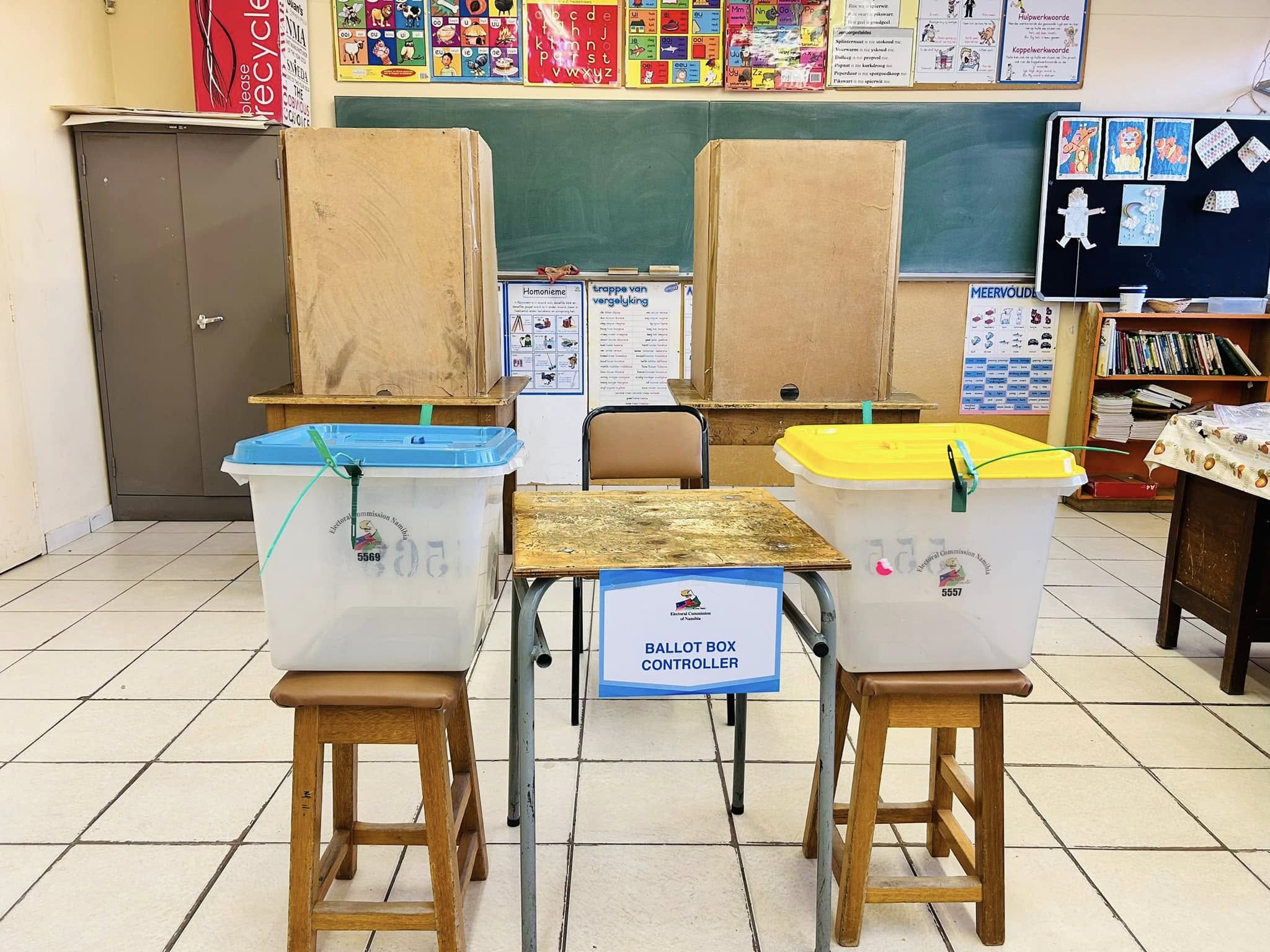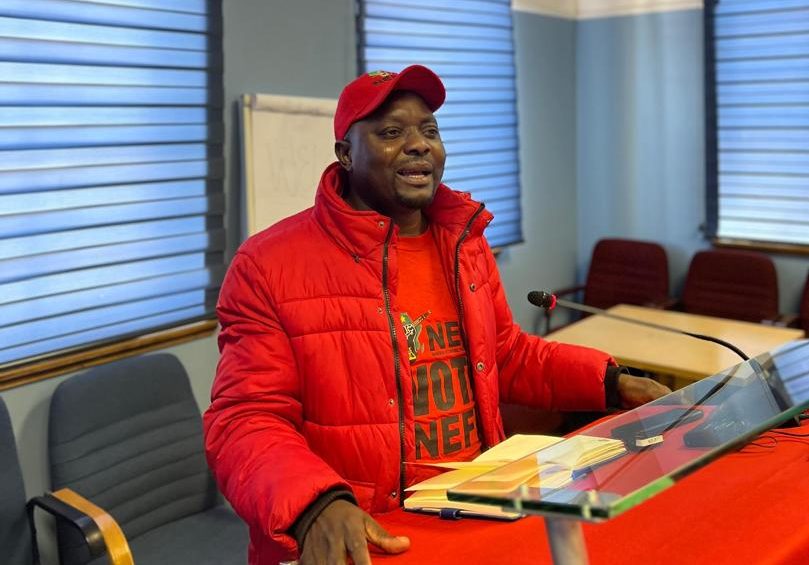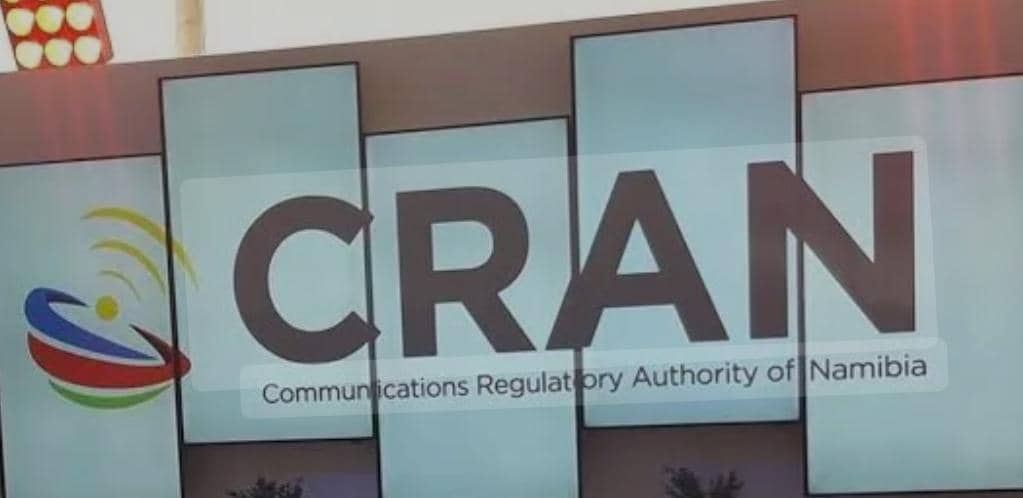Namibia’s extractive industry is a crucial component of the country’s tax revenue, according to the commissioner of the Namibia Revenue Authority (Namra), Sam Shivute, who spoke at the opening of the African Tax Administration Forum (Ataf) workshop on value-added tax (VAT) administration and compliance in the extractive sector.
The workshop was held at Swakopmund on Wednesday and was jointly organised with Namra.
It focused on the critical role this sector plays in Africa’s domestic revenue mobilisation.
Shivute highlighted the country’s vast mineral wealth, including its status as home to the fourth and fifth largest uranium-producing mines in the world.
Namibia has also recently discovered oil, with production and the exploration of green hydrogen and gas set to begin soon.
He said mining companies, such as those in the diamond sector in joint ventures with the government, are among the top contributors in various tax categories.
As global challenges and geopolitical tensions rise, developing countries like Namibia must focus on strengthening domestic resource mobilisation, Shivute said. This includes improving the administration and auditing of the extractive industry, as well as addressing issues such as illicit financial flows, transfer pricing and tax evasion.
He encouraged participating officials to gain a deeper understanding of their countries’ extractive industries and their contributions to revenue, along with the industry’s operating models. This knowledge will help ensure that the country receives its fair share of taxes.
“Our work should not just be [about] auditing… we need to be more than just administrators so that we can have an overall [understanding] and… strengthen domestic revenue collection in our country and really make ourselves independent,” he told the participants at the workshop.
Ataf deputy executive secretary Mary Baine emphasised the immense significance of the matter for Africa’s economic growth and development.
The extractive industry which encompasses mining, oil, and gas, is crucial to Africa’s economic landscape, contributing significantly to GDP, employment, and foreign direct investment.
Baine cited International Monetory Fund statistics indicating that the mining sector contributes an average of 10% to GDP, 50% to total exports, and one-third of foreign direct investment in resource-intensive African countries.
She also stressed the responsibility of ensuring robust and effective fiscal policies and taxation systems to harness the potential of this industry for poverty alleviation and sustainable development.
She emphasised the importance of ensuring efficient and effective VAT administration and compliance in the extractive sector, saying that doing so would unlock significant potential for domestic revenue mobilisation.
The workshop aimed to explore solutions that have been tested globally in the mining sector, including taxation and the design of mining contracts, to ensure that the wealth generated from natural resources is harnessed for Africa’s sustainable development.
She said VAT, as a consumption-based tax, is globally recognised for its efficiency, transparency, and relative ease of administration, and that in Africa, VAT has become an increasingly vital source of revenue for governments, often accounting for a significant portion of the total tax revenue.
According to the African Tax Outlook, VAT has contributed the highest revenue at an average of 30% of total revenue collected in African countries for the last four years.
She made reference to African countries emerging from the economic difficulties brought on by the Covid-19 pandemic, and urged them to “wake up and smell the coffee” as aid that has sustained their economies becomes more scarce.
She emphasised the importance of mobilising the revenue required for their own development agendas.
The workshop delved into the intricacies of VAT in the extractive sector, exploring concepts of inputs and outputs, treatment of capital expenditure and implications of cross-border transactions.
Stay informed with The Namibian – your source for credible journalism. Get in-depth reporting and opinions for
only N$85 a month. Invest in journalism, invest in democracy –
Subscribe Now!






